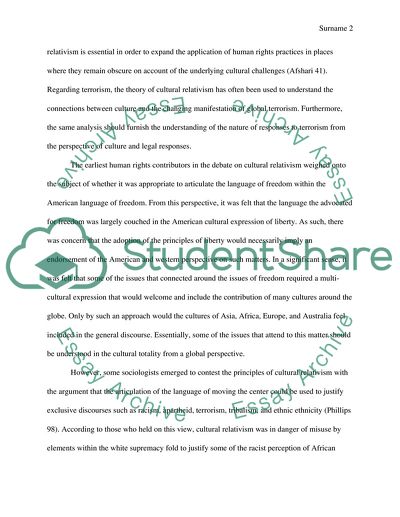Cite this document
(Terrorism Has Shifted in Terms of Geographical Space and the Agents of Assignment, n.d.)
Terrorism Has Shifted in Terms of Geographical Space and the Agents of Assignment. Retrieved from https://studentshare.org/politics/1807449-human-rights
Terrorism Has Shifted in Terms of Geographical Space and the Agents of Assignment. Retrieved from https://studentshare.org/politics/1807449-human-rights
(Terrorism Has Shifted in Terms of Geographical Space and the Agents of Assignment)
Terrorism Has Shifted in Terms of Geographical Space and the Agents of Assignment. https://studentshare.org/politics/1807449-human-rights.
Terrorism Has Shifted in Terms of Geographical Space and the Agents of Assignment. https://studentshare.org/politics/1807449-human-rights.
“Terrorism Has Shifted in Terms of Geographical Space and the Agents of Assignment”, n.d. https://studentshare.org/politics/1807449-human-rights.


